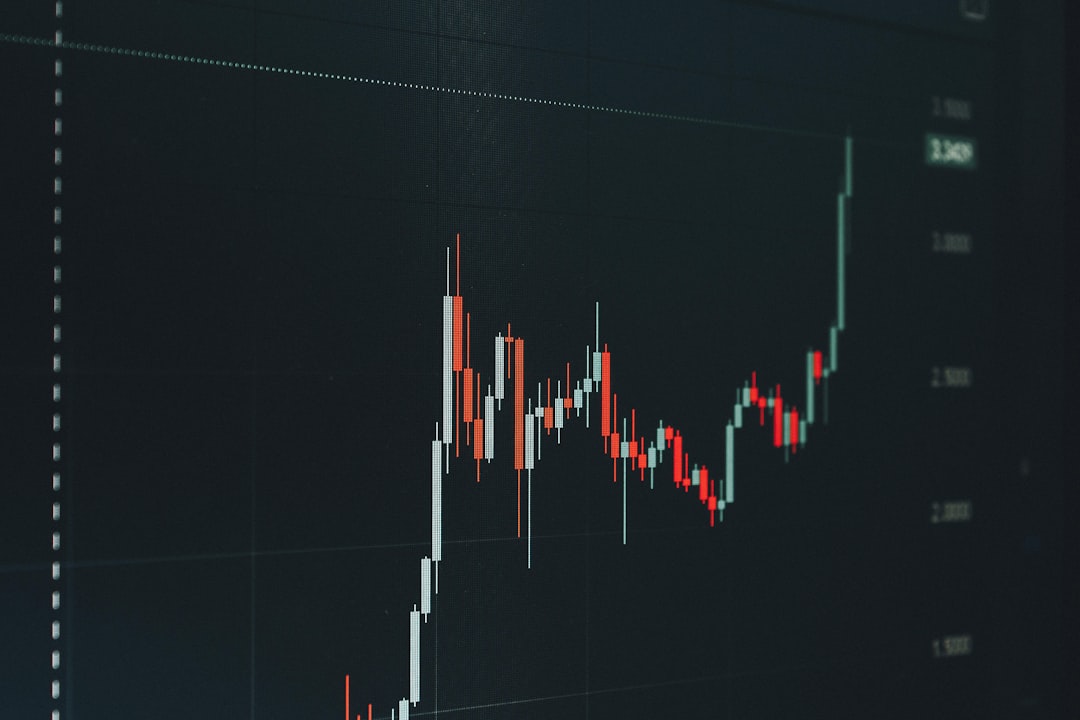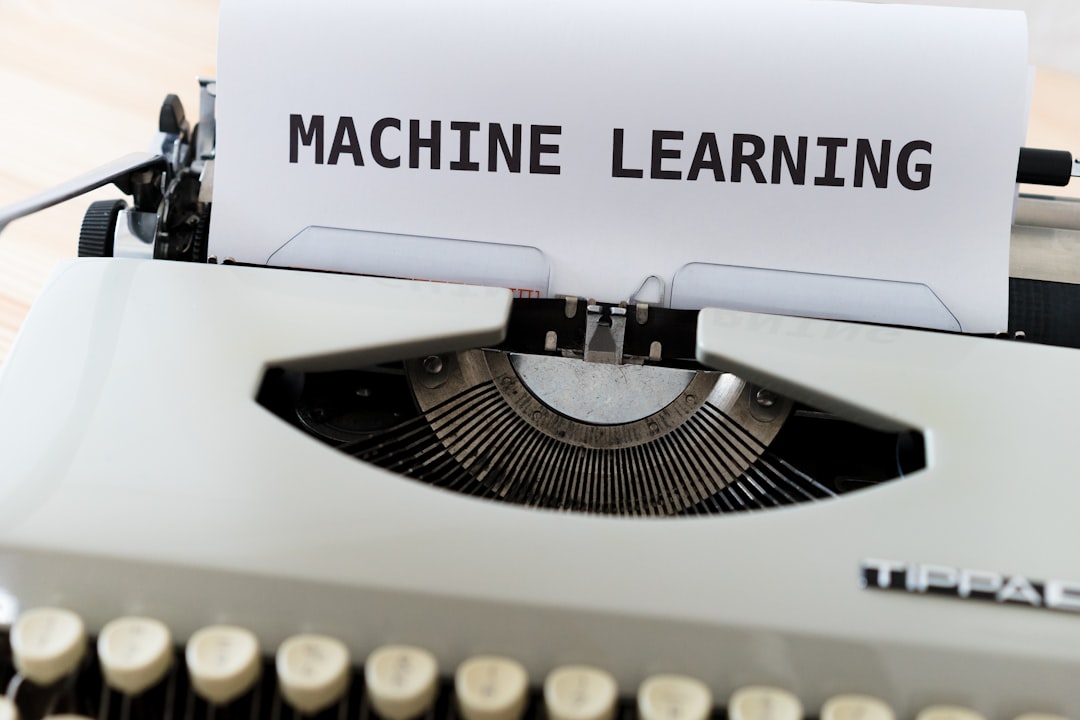In an increasingly data-driven world, businesses across all sectors are racing to improve their decision-making capabilities. One of the standout advancements is the development and deployment of AI-powered market research tools, especially as we step into 2025. These tools have redefined how companies gather insights, interpret data, and predict consumer behaviors with incredible speed and accuracy.
The global marketplace is more competitive than ever, urging companies to adapt quickly to trends and consumer expectations. Traditional market research methods, while still relevant, often fall short in terms of speed, cost-efficiency, and scope. This is where Artificial Intelligence (AI) steps in, transforming market research into a smarter, leaner, and more agile process.
What Are AI-Powered Market Research Tools?
AI-powered market research tools use machine learning, natural language processing (NLP), and data analytics to collect and analyze large amounts of market data. These tools can derive insights from structured data like sales figures as well as unstructured data like customer reviews, social media posts, and online discussions.
In 2025, most of these platforms are integrated with predictive analytics, enabling businesses to forecast market trends and consumer behaviors with high precision. Leading solutions also provide real-time dashboards, sentiment analysis, and competitor benchmarking.
Key Advantages in 2025
AI is not just reshaping market research—it’s revolutionizing it. Some of the core benefits that businesses are tapping into include:
- Speed and Efficiency: Automated data collection and analysis mean weeks’ worth of insights can now be delivered in hours or even minutes.
- Cost-Effective: Less reliance on lengthy focus groups and surveys reduces operational expenses.
- Scalability: Whether it’s a startup or a global corporation, AI market research platforms scale effortlessly to handle data volume and complexity.
- Deeper Insights: Through sentiment analysis and consumer behavior modeling, companies can understand not just what customers do, but why.

Use Cases of AI Market Research in 2025
The application of AI in market research is as vast as the corporate landscape. From product development to brand monitoring and customer service optimization, companies are leveraging this technology in various ways:
1. Product Development
Companies use AI to analyze customer feedback and identify unmet needs. Algorithms detect patterns in large datasets that reveal what features consumers are looking for, vastly improving product-market fit at the development phase.
2. Consumer Sentiment Analysis
Through natural language processing, brands monitor public opinion across digital platforms. AI tools process thousands of mentions daily to reveal shifts in sentiment, alerting companies early to emerging issues—or opportunities.
3. Competitive Intelligence
AI enables firms to monitor competitors by analyzing pricing changes, new product launches, campaign effectiveness, and more. Companies can also receive alerts if a competitor’s sentiment score spikes or drops.
4. Ad Campaign Optimization
AI platforms track consumer interactions across various channels and provide real-time performance metrics for marketing campaigns. Brands can instantly shift strategy based on what content resonates most with their audience.
5. Global Market Expansion
Expanding to new markets requires deep cultural and economic understanding. AI market tools are increasingly multilingual and region-sensitive, offering companies localized insights that were once expensive to gather.
Notable AI Tools Dominating the Market in 2025
The landscape of AI-powered market research platforms is vast, but several tools have set themselves apart in 2025 due to their performance, accessibility, and innovation:
- Crimson Hexagon 2.0: Renowned for real-time sentiment analysis integrated with social data streams.
- Qualtrics AI Insights: Provides automated survey generation and interpretation powered by GPT-based models.
- Synthesio Plus: Combines AI with human validation for accurate social listening across 150 countries.
- Nielsen IQ AI Suite: Offers an end-to-end market research experience, from data collection to strategizing recommendations.

Emerging Trends
2025 has ushered in several new trends that have further shaped the AI market research landscape:
1. Integration with IoT Data
With the Internet of Things (IoT) becoming more widespread, AI tools now incorporate real-time product usage data into market analysis.
2. Hyper-Personalization
AI allows researchers to create highly specific consumer segments and craft personalized messaging strategies accordingly.
3. Conversational AI
Chatbots and digital assistants are increasingly deployed to conduct interviews and surveys. These AIs can adapt in real time, improving data quality and engagement rates.
4. Synthetic Respondents
Virtual consumers created using generative AI can simulate purchasing behavior, dramatically expanding hypothesis testing abilities without real-world financial risks.
Challenges and Ethical Considerations
While AI market research offers many benefits, it’s not without its challenges:
- Data Privacy: With increasing regulations like GDPR 2.0, businesses must ensure AI use is compliant and transparent.
- Bias in Algorithms: Biased data can lead to biased conclusions, damaging brand trust and decision accuracy.
- Oversaturation: With so much data available, distinguishing what’s relevant requires careful filtering and interpretation.
Despite these concerns, ongoing efforts in AI ethics, regulatory compliance, and transparent algorithm development are helping to mitigate risks and promote responsible use.
The Future Outlook
Looking beyond 2025, the future of AI in market research is promising. With advancements in explainable AI and data visualization, companies will gain more confidence and clarity in their decision-making processes. Furthermore, as quantum computing edges closer to commercial viability, we can expect unprecedented capability in data analysis speed and complexity.
The companies that stay ahead will be those who can not only access the right AI tools but also have the leadership willing to embrace a data-forward, innovation-rooted mindset.
Frequently Asked Questions
-
Q: What industries benefit most from AI-powered market research?
A: Retail, finance, healthcare, technology, and consumer goods are at the forefront, but practically every industry can gain from enhanced market insights. -
Q: Can small businesses afford these AI research tools?
A: Yes, many platforms offer tiered pricing or open-source alternatives suitable for startups and small enterprises. -
Q: How accurate are AI-generated market predictions?
A: While not infallible, AI predictions are becoming increasingly accurate due to improved data inputs and machine learning algorithms. -
Q: Are AI tools replacing traditional market researchers?
A: Not entirely. While they automate many processes, they also augment human researchers’ capabilities, enhancing strategy formulation. -
Q: What privacy concerns should users be aware of?
A: Companies must ensure data is ethically sourced and compliant with local and international privacy laws such as GDPR and CCPA.
